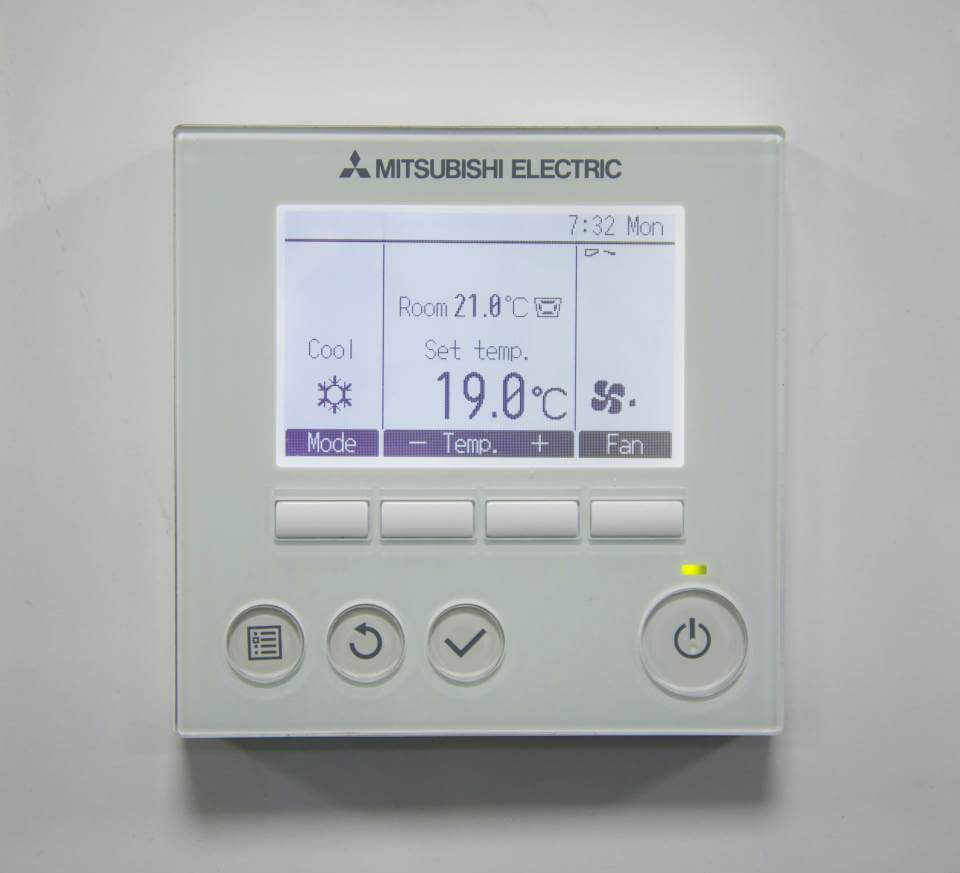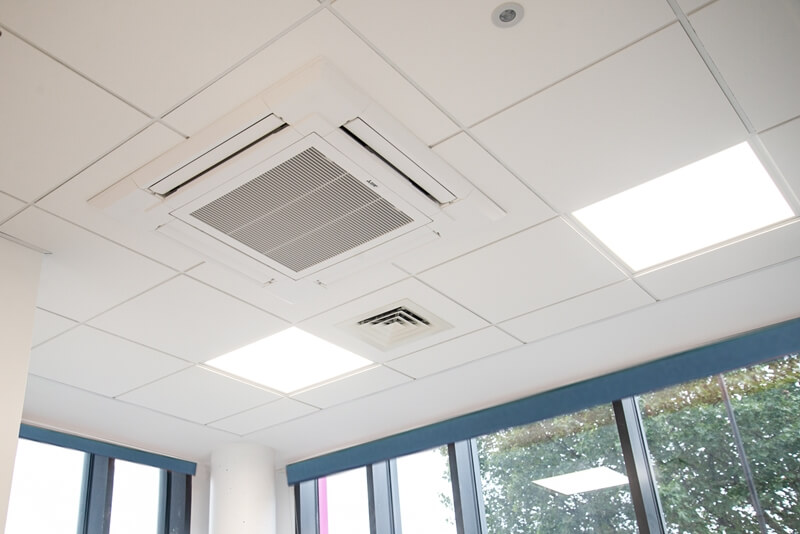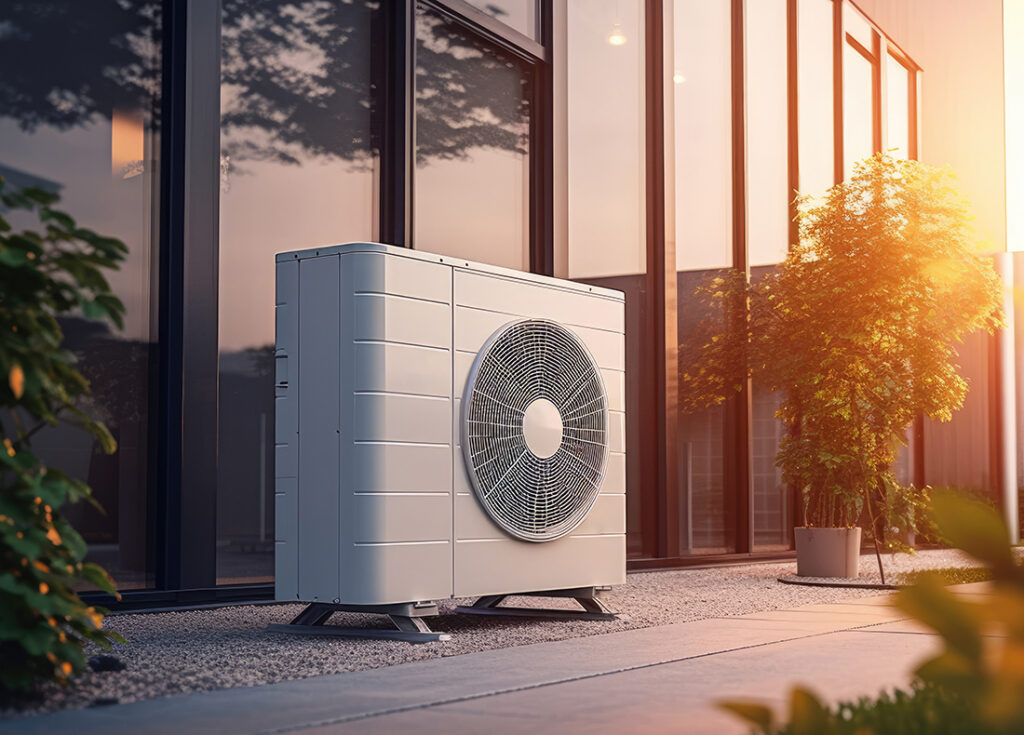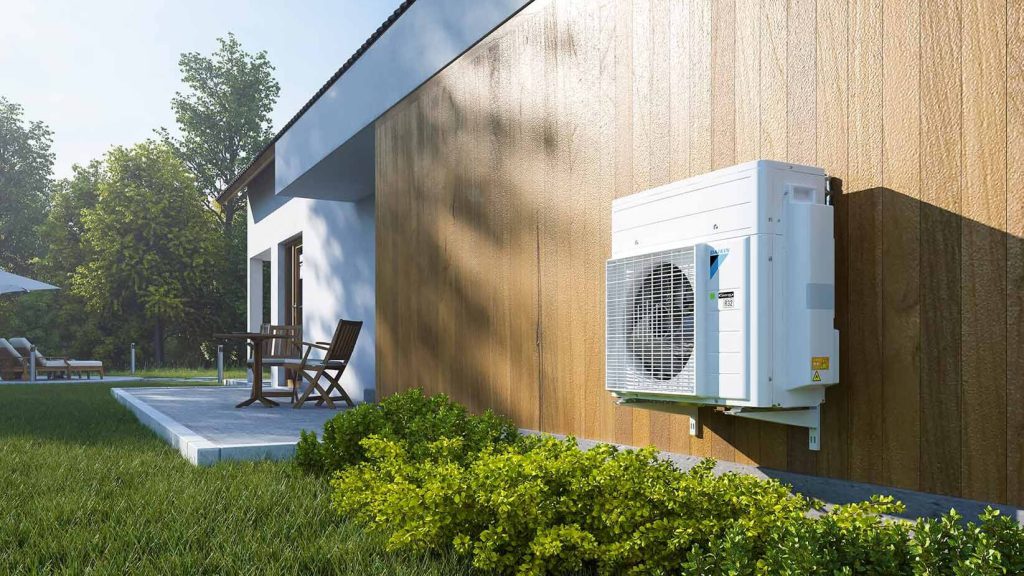How Do You Know When It’s Time to Replace Your HVAC?
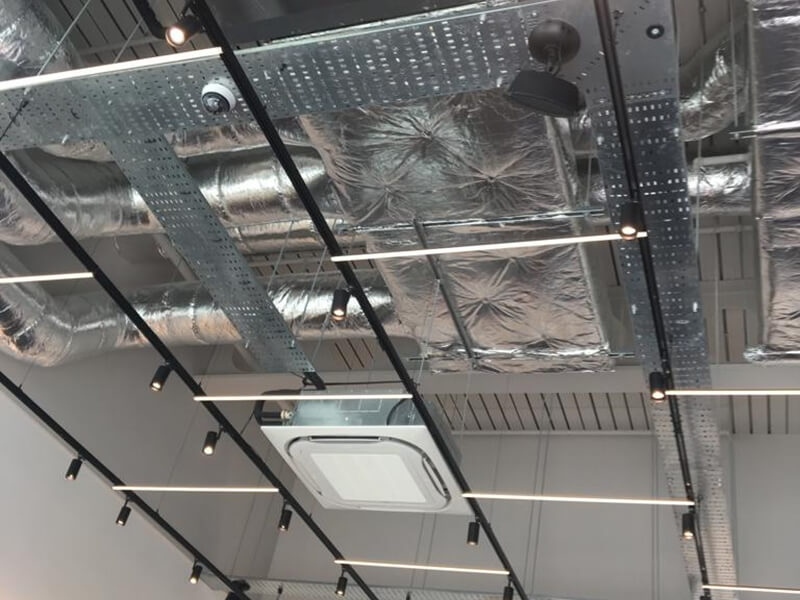
Estimated reading time 11 minutes
All heating, ventilation and air conditioning (HVAC) systems, like all other pieces of electrical equipment, have a limited lifespan. If your HVAC is getting on in age and is approaching twelve to fifteen years old, then it’s likely that you’ll have to replace your HVAC in the next few years.
The typical air conditioning system lifespan is around fifteen years. After this time your HVAC is likely to start to have an ever increasing number of problems ranging from simple to expensive and complicated fixes. The lifespan of your HVAC is determined by how well and how often it’s maintained throughout its life. If a system is poorly maintained, this can have a detrimental effect on your system, reducing its life expectancy considerably, typically to around seven to ten years.
Over time your air conditioning may become less energy efficient, leading to higher energy bills, more faults and breakdowns. Knowing when it’s time to replace your system can enable you to avoid those expensive energy bills and breakdowns which will leave your business without air conditioning for periods of time. It will also enable you to plan ahead, set aside the “best” time for your HVAC replacement and allow you to look into the best HVAC system for your business premises.
Signs You Need To Replace Your HVAC
Unfortunately your HVAC system doesn’t come with a warning system to let you know that it’s ready to be retired which means you have to be on the lookout for signs. Regular HVAC maintenance is likely to highlight a number of telltale signs to let you know that it’s getting close to the time to replace your air conditioning. If any of the following signs seem familiar then it’s important to involve an air conditioning engineer/company as soon as possible.
Your Air Conditioning System No Longer Maintains The Right Temperature
If your HVAC system is blowing cold or hot air which is inconsistent with the temperature set on the thermostat it’s usually a good sign that something is wrong. This tends to be a common problem among older air conditioning systems.
If your HVAC starts to produce hot air when it should be cooling and cool air when it should be heating this is signalling there is an issue within the system. Of the two, the more serious is the production of warm air when your thermostat is set for a lower temperature.
Temperature inconsistencies are also a good sign of trouble. Your HVAC should enable you to set the room or building temperature you want and then regulate the temperature to be at the setting you’ve chosen. If you find that’s not the case e.g. some rooms are colder than others, or some are too hot or the temperature fluctuates widely this can be a tell tale sign that there are major issues.
The inability to maintain the right temperature could be a sign of a damaged compressor or problems with your thermostat. In older systems this can be a sign that the system needs replacing.
Your Air Conditioning System Has Decreased Air Flow
If you find that your HVAC system has a significant decrease or no air flow this could be a sign that your air conditioning systems compressor may be about to break down. A decrease in air flow or no air flow will mean that your air conditioning is unable to maintain the room temperature.
There are a number of reasons for reduced or no air flow, the most common being clogged air filters. A filter clogged with dust, dirt and other debris will close off airflow and prevent air from flowing through the system normally. Another cause can be leaky ductwork. Holes or breaks in the duct work can cause an air pressure drop inside the system by as much as forty to fifty percent. Any holes or breaks will need to be sealed. Reduced air flow may also be the result of a faulty blower which is responsible for blowing air through the return vents past the evaporator coil and into the ductwork. A blower failure can be due to the motor or an issue with the electrical system.
If you are seeing multiple air flow issues this too can be a sign that your system needs replacing.
Your Air Conditioning System Starts To Emit Strange Noises or Smells
When your air conditioning system is working efficiently and effectively it should be for the most part almost silent, with the exception of when the system is cycling (the process by which your air conditioning system turns on and off to maintain the set temperature). If you find your air con starts to make strange, unexpected noises this is usually a good sign that something is going wrong. Any noise out of the ordinary could be flagging a serious issue that requires immediate attention.
Screeching, grinding, grating, scraping, clanking, rattling or squealing noises can indicate a serious issue. Different noises can mean different things e.g. a screeching noise could be a build up of pressure within the system, a motor which needs lubrication, an issue with the motor bearings or a compressor fault; a grinding noise maybe the result of broken motor bearings. A squealing noise may indicate that the belt is slipping or it may mean that something inside the unit requires lubrication. Clanking or banging could mean the unit’s fan is hitting something, there may be an obstruction or a broken part is loose within the unit.
Strange smells can also be a sign of trouble. If your air conditioning starts to smell musty it could be due to mould or mildew build up (which in turn can be a sign of water build up in the system). This can occur if the condensate drain becomes clogged and water starts to build up in the pan. This water can provide a breeding ground for mould and mildew which in turn can result in your system circulating contaminated air through your business premises. It can also be a sign that your air conditioning’s insulation has become damaged. A burning smell can also occur if your fan motor or circuit board short out the wire insulation within the AC.
If you find your system is having regular noise or smell issues this may also be a sign that it’s time for a replacement.
Your Air Conditioning System Is Leaking
If your air conditioning system is leaking moisture it could be a sign of any number of problems including a blockage in the condensate line, a dirty air filter or more worryingly a refrigerant leak. Refrigerant leaks are extremely dangerous from a safety perspective.
There are various types of HFC gases that are used as refrigerants in commercial refrigeration and air conditioning systems. If exposed to the atmosphere, HFC gases can have a harmful effect on our environment. Companies that fail to keep a record of regular refrigeration and air conditioning inspections can face penalties or worst, legal proceedings.
It’s important to note that it’s against UK law to work with F-Gases if you are not properly qualified. You could receive a civil penalty for breaking the law.
You should never attempt to handle refrigerants – this should be left to air conditioning professionals. If your system is leaking, particularly if the gas being used is R22, then it’s time to consider a new HVAC system.
Your Air Conditioning System Is Still Using R22 HCFC
Air conditioning systems installed before 2004 are now at the end of their working lives. Since 2010 R22 gas cannot be used.
Due to its harmful effect on the ozone layer, it was made illegal to even top-up or replace the gas as of January 2015. As a result the service, maintenance and recycling of R-22 HCFC in any refrigeration and air conditioning system is prohibited. Air conditioning equipment still using R22 is now classed as “not serviceable”.
If your company is still using air conditioning which utilises R22 and your system has started to have issues (or refrigerant leaks) you will need to look at replacing your old system with a modern air conditioning system.
Your Air Conditioning System Starts Requiring More Frequent Repairs
As your air conditioning gets older it’s likely to start to need more and more repairs. You may find you have to call out your air conditioning maintenance team multiple times within a short space of time.
If you do not have a maintenance contract or if your air con is out of warranty you may find that it is becoming less and less economical to hang onto your old system. Replacing your air conditioning system may simply be the more efficient and economical option available to you.
Your Air Conditioning System Is Short Cycling
It’s perfectly normal for your HVAC to turn on and off as it works to maintain the temperature set for your building or office. Your HVAC will turn on as the room temperature deviates from the temperature set on your thermostat. Once it reaches the right temperature the unit will shut off and should only come back on again when the thermostat senses that the temperature has dropped below or gone above the temperature which you have set.
If however your HVAC appears to be turning itself off at random intervals or doesn’t turn on when you’d expect it to or if it’s turning on and off more frequently than is called for it’s possible your HVAC is “short cycling”. Short cycling will put more stress on your system as your air conditioning has to work harder than it should have to maintain the right temperature and will ultimately cause it to break down entirely, if not resolved quickly.
It maybe the short cycling is being caused by something as simple as a blown fuse, a dirty or clogged air filter or something more serious like a refrigerant leak. It may also mean it’s time to replace your current HVAC unit.
Your Air Conditioning Bills Are Increasing
Even if your HVAC appear to be functioning “normally” one of the biggest telltale signs there may be a major problem maybe higher energy bills. If you investigate and find that your HVAC is using far more electricity than before it could be because it’s having to work harder to maintain the set temperature. It could be because of issues with filters, your ductwork, electrical components etc. but it could also be your air conditioning has reached the end of its working life and needs to be replaced.
A new air conditioning system will be far more energy efficient than an old HVAC unit which will result in cost savings.
Recognise Any of These Warning Signs?
If you recognise any of the signs described above and your HVAC system is old or reaching the end of its working life it’s probably time to call an air conditioning professional to replace your HVAC.
Today’s air conditioning systems are as much as 50% more energy efficient in terms of heating and cooling. New HVAC systems also use modern refrigerants which are more environmentally friendly. When you switch to anew air conditioning system of away from R22 refrigerant you may also be eligible for tax relief under the Enhanced Capital Allowance (ECA) Scheme. Information on which systems are eligible can be found on the government’s Energy Technology Product List (ETL) page.
Synecore
Synecore operate throughout Kent, London and the UK, providing commercial air conditioning and heating, ventilation and air conditioning (HVAC). We provide industry specific knowledge and have the capability to carry out any job regardless of it’s complexity or size. Whether you require single split systems or large multi VRV/VRF air conditioning systems, new air conditioning or if it's time to replace your HVAC, our air conditioning team will take care of you, from initial enquiry, to design, project management, commissioning and staff training.
We only supply top of the range air conditioning brand names, including Toshiba, Daikin and Mitsubishi to office developments, hotels, restaurants, retail and large commercial premises.
We work hard to stay up to date with all new technological changes and new HVAC legislation, enabling you to focus on your business so you don’t have to worry about whether your air conditioning system is legally compliant or running efficiently.
For more information on our air conditioning maintenance services call us on 01795 509509 and speak to one of our friendly and experienced experts to arrange your visit today or contact us via our contact form.
